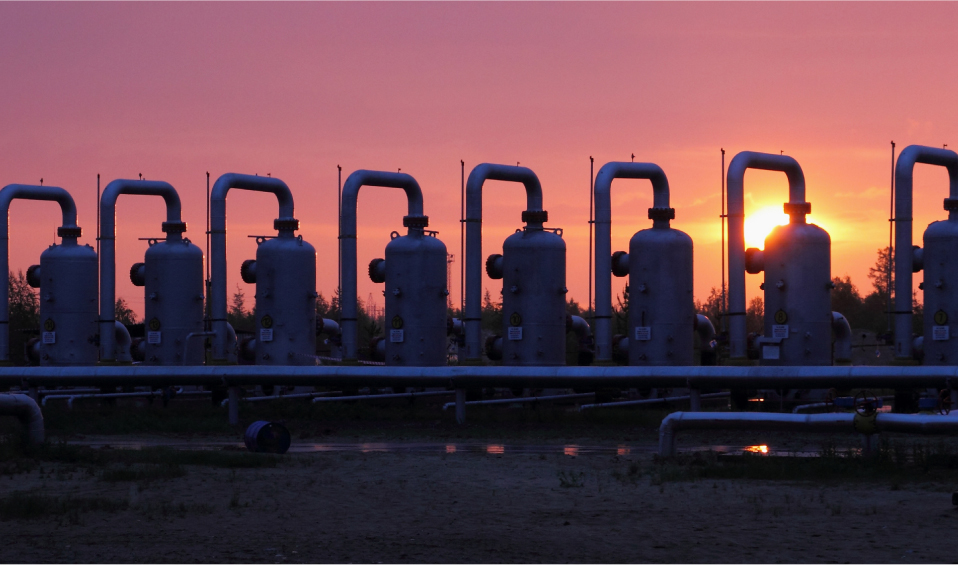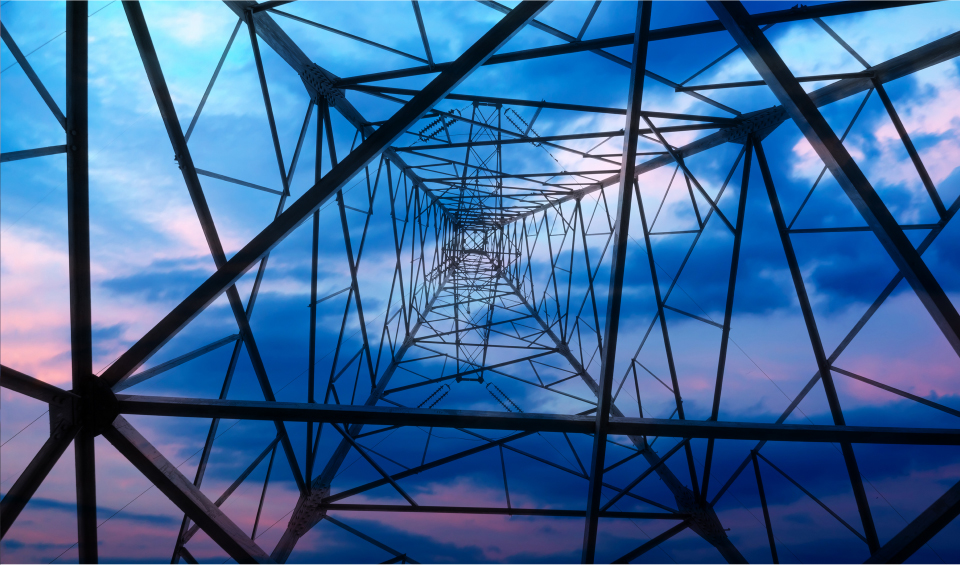
Thanks to ESCP Business School's Energy Management Centre wide network in the academic and business communities, our views on energy news give you comprehensive insight into energy issues.
Please join us...
In spite of all the polls assuring of a clean win for Hillary Clinton, the latent anti-establishment revolt of the “America first” electorate has propelled a non-interventionist and, in this sense, a “nationalist” (as opposed to globalists) to the top job in the last world’s superpower. It is hard to dismiss outright the comment from non-mainstream but gaining momentum political groups that the result of the 2016 US elections is “a triumph of the people over a failed political establishment” and that America will never be the same again.
However, the last assumption could be effectively challenged. It is not over yet. There are deep divisions within the political class and corporate community with Wall Street bankers still clinging to their guns and the neocons in both parties ready to continue sacrificing the United States for the sake of a globalist vision.
For the first time in eight years, the Organization of Petroleum Exporting Countries (OPEC) has decided to cut crude oil production to bolster the oil price having suffered huge losses since the collapse of the oil price in July 2014.
The continued weakness of oil prices has inflicted a huge damage on the global economy, the economies of the oil-producing countries and global investments. There has been a loss of 0.75%-1.00% annually in global economic growth since 2014. Investment in upstream exploration from 2014 to 2020 is projected to be $1.8 trillion less than previously assumed, according to leading US consultants IHS. The Arab Gulf oil producers have lost an estimated $443 bn in oil revenues between July 2014 and December 2016. And the US shale oil industry took a major blow by losing some 1.5 million barrels a day (mbd) of oil production and also risking major defaults on the $200 billion in loans that have been extended to the domestic shale oil industry.
The end of October was marked by two surprising moves by the European Commission toward the Russian gas giant, Gazprom.
After years of confrontation Brussels decided to permit Gazprom to use almost 90% of the OPAL gas pipeline, located in Eastern Germany. Almost simultaneously there were information leaks about a deal between the two players on the competition case. Apparently, both sides found a way to settle the row in a satisfactory way.




527 Finchley Road
London NW3 7BG
United Kingdom
Tel: +44 (0)20 7443 8800
Fax: +44 (0)20 7443 8845
E-mail: [email protected]










